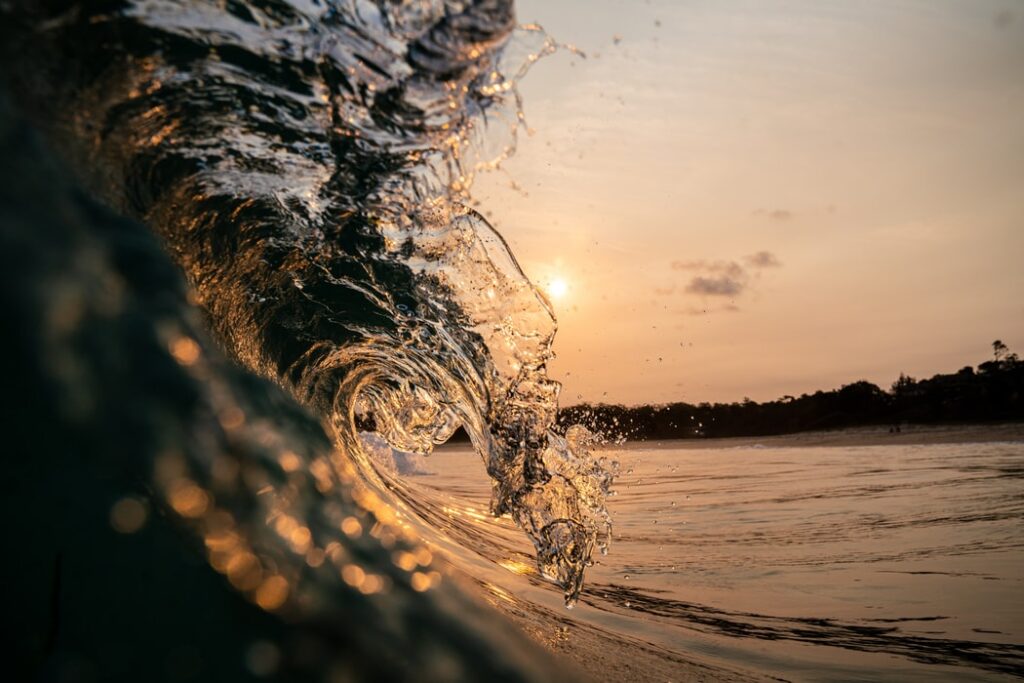HEALTH BENEFITS OF HYDROTHERAPY

Hydrotherapy refers to using water as therapy in any form. It’s a branch of alternative medicine that allow the use of hot or cold water with water pressure and flow at a varient value for different treatments. Though the value for Hydrotherapy isn’t of much value in this western world, when in actual sense it can be used for mild treatments such as burns and even chronic conditions as Arthritis.
Possible locations where hydrotherapy can be carried out;
- Swimming pools
- Baths
- Showers
- Saunas
- Whirling pools
Specific locations are determined by purpose/predetermined goals which are put in place before the therapy is planned for, as different treatment require different locations. Supervision from a specialist or practitioner is advised before and during the therapy process.
PRINCIPLES
The extreme (Cold & Hot) temperatures of water are of physiological benefit to the human health, according to the proponents of Hydrotherapy.
- Hot water helps dilate the superficial blood vessels, remove toxic water from the tissues and activate the sweat glands.
- Cold water constricts the superficial blood vessels and reduces inflammation.
These practices are also the body’s natural adaptive way to help regulate circulation in different weather/seasons. A simple cold or hot drink also helps in thermo regulation.
TYPES
Hydrotherapy is done at health centers, spa, physical therapy clinical and even at home.
- Balneotherapy; this is the soaking in mineral rich water of natural mineral springs for a timeline with supervision. The curative effects of this practice are in treatment of arthritis, low back pain etc
- Aquatic exercise; Exercising in a cold or warm pool allows less resistance and pressure on joints which help relieve pain in low back pain, arthritis, obesity and for those with physical disabilities.
- Compresses; this is a form of Hydrotherapy that involves applying a already soaked towel in a cold or hot water and then applied to body parts to relieve pain by reducing inflammation and increasing circulation. Aromatics, sometimes can be added to the water for more therapeutic benefits.
- Sauna; This form of Hydrotherapy is when a warm, dry hair induces sweating to release toxins, burn calories, improve skin quality and relax muscles.
- Sitz bath; Thus involves sitting inside tub of warm water for a period of time to treat conditions affecting the genital, anal and rectal areas such as hemorrhoids, menstrual cramps and is also advised after vaginal delivery to relieve possible clots in the uterus postpartum.
- Hot fomentation; This is applying a warm compress or hot water bottle to the chest to relieve acute cold and bronchitis.
- Foot baths; This is when the feet are soaked in warm water for a period of time to soften tissues before a spa session, balance circulation, relieve congestion in the head, lungs and pelvic organs. It is also a soothing practice that can be done at home after a long day of being on the feet as it helps also to relieve stress and anxiety.
Other benefits of Hydrotherapy includes;
- Increased range of movement in the joints
- Balances thermoregulation
- Improved aerobic fitness level
- Mobilizing and lengthening of muscles
- Improved independence and function to limbs
PRECAUTION
Hydrotherapy may not be well tolerated by everybody as prolonged exposure to heat and sudden exposure to cold can cause adverse effect on the cardiovascular system.
Hydrotherapy should be used with caution for people with;
- Respiratory infection
- Skin infection
- Cardiovascular disease
- Thrombosis
- Cancer
For questions, comment or observation kindly contact me on +234 (810) 860 2823 or Oluwanifemi_oloniyo@yahoo.com
To your good health!
Nurse Oloniyo Oluwanifemi